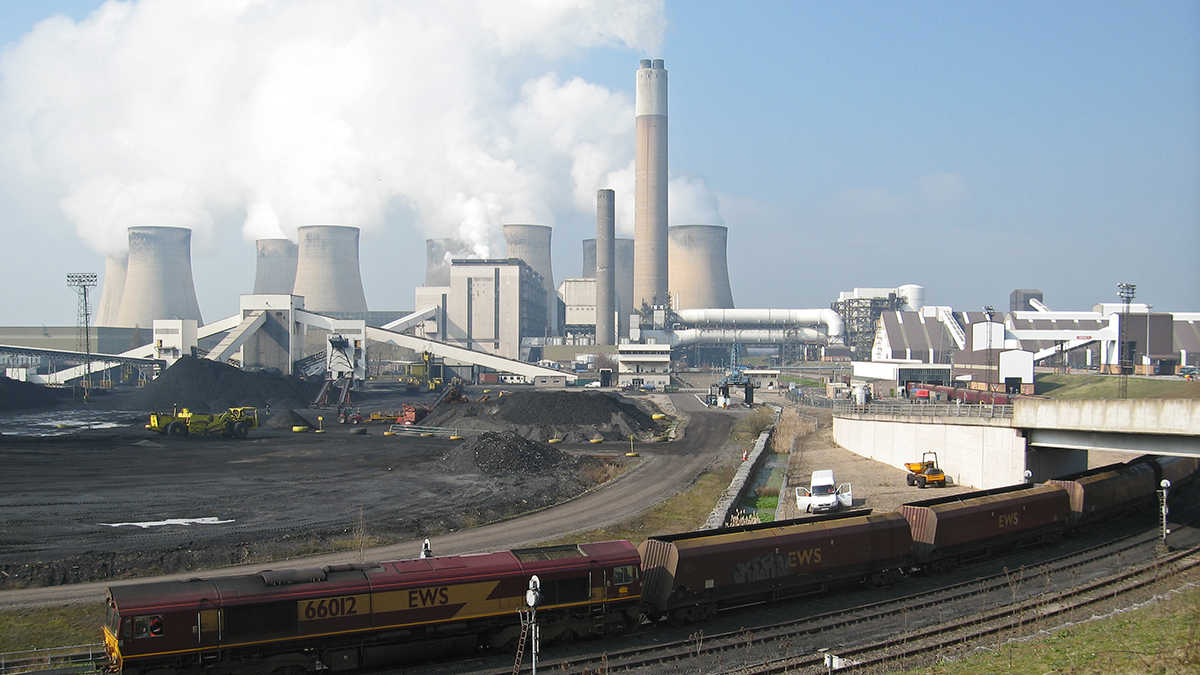Blog
Looking ahead to COP26
The long-awaited COP26 in Glasgow is about to start. Billed as the most important COP to date, it is widely seen as a last chance to avoid a global temperature rise beyond 1.5°C. Yet expectations of major breakthroughs weaken by the week. Climate funding to help the developing world remains disappointing. Pledges from the wealthier world fall far short of the estimated need. We are left hoping that world leaders will pull very large rabbits out of their hats.
Meanwhile, demand has been building up in global energy markets, following the slump in prices in 2020 as the pandemic bit deep into economic activity. The prices of oil, natural gas, and coal have jumped. Global growth strengthened in the first half of 2021, stocks of gas are low, and now the demand for energy is stepping up as winter comes to the northern hemisphere. Electricity prices have shot up in Europe. Factories in China are facing power shortages. India has very low stocks of coal, its primary energy source. Political leaders are wobbling over their commitments to phase out fossil fuels and phase in renewables.

Photo credit: MaltaGC on Wikimedia Commons
COP26 participants will find Scotland in November distinctly chilly. The UK exemplifies the challenge of managing the energy transition. Renewables provided only 15% of the UK’s power for much of October (as against an average of 25% for the past year). Nearly all of this is from wind power, but the winds have been unusually calm. Fossil fuels (mostly gas) constituted well over half of the UK’s power generation on many October days. The UK even started up some of its old coal plants, which are otherwise due to shut down.
The UK illustrates the tension at the heart of the transition to ‘Net Zero’. Fossil fuels are still needed to keep factories humming, homes and offices heated, and transport running. Globally, we must have enough renewables and energy efficiency to ease oil, gas, and coal out of the global energy system for good.
More energy storage infrastructure is imperative, as is moving to a circular economy in which we recycle and reuse much of what we currently overconsume and then discard. And we will still need supplies of all the metals and materials necessary to the modern economy, including renewable energy infrastructure, net-zero buildings, and electric vehicles. Mining needs to be transformed so it too is a net-zero process with, additionally, no adverse impact on forests, biodiversity, and water —the basis still of many poor people’s livelihoods. These are immense challenges and we have only just begun to tackle them.
And as one of the world’s first industrial nations, which built its wealth using coal-fired power, the UK along with today’s richer nations has a duty to generously assist the developing world in ending poverty on the basis of clean energy and environmental sustainability. Yet the delivery often fails to match the rhetoric. Indeed, last year the UK cut its aid budget, reversing its longstanding commitment to the UN’s target of 0.7% gross national income (GNI), amid a general reluctance among aid donors to help the developing world amidst the COVID-19 pandemic (see ‘COVID-19: macroeconomic dimensions in the developing world’). Glasgow is an apt location for COP26 in many ways.
This issue of the WIDERAngle focuses on Net Zero’s implications for the developing world as producers of oil, gas and coal both for their own needs and export to the world, together with the metals and materials that underpin our everyday lives. It emerges out of UNU-WIDER’s ongoing work on the extractives industries and development and follows the Open Access publication of my Oxford University Press book with Alan Roe. Our UNU-WIDER research has been feeding into the UN meetings ahead of COP26, including the May 2021 High-Level Global Round Table.
The UN meetings were led by Mahmoud Mohieldin, United Nations Special Envoy on Financing the 2030 Agenda for Sustainable Development, who contributes to this Angle by setting the scene. Mahmoud urges global solidarity instead of narrow national self-interest —which has too often characterized responses to the ongoing COVID-19 pandemic.
He puts the Just Transition at the top of the agenda, not least in mobilizing the US$100 billion in climate financing necessary to accelerate climate action. Without more climate finance —as well as more financial support generally, including debt relief— the developing world will find it hard to achieve a net-zero transition and maintain progress on the Sustainable Development Goals (SDGs).
While the rich world has yet to provide sufficient finance, it has become ever more reliant on the poorer world for the essential metals and minerals provided by its mines. Writing for the WIDERAngle, my colleague Alan Roe notes that Europe and the USA now account for only 5% of global mineral production, in part because of opposition to environmental damage. This has contributed to shifting the substantial carbon emissions associated with mining towards the developing world. With a growing demand for metals and minerals to feed the global economy, and to build the net-zero world, the developing countries need significant private and public assistance to minimize mining’s emissions and broader environmental impact.
That environmental impact is the focus of Amir Lebdioui’s Angle contribution, building on his recent WIDER Working Paper. Amir urges international action and finance to help nations protect rather than overexploit their natural resource wealth. The mining of the metals necessary for the technologies underpinning the transition to net zero but must be carefully monitored. Otherwise, many of the livelihoods essential to ending poverty and to achieving the other SDGs will be hit hard.
Precious biodiversity, forests, and water are too often lost or damaged by oil and gas production, too. Since the world needs natural gas and oil for some time to come, it is imperative to reduce the emissions associated with their production, while making every effort to accelerate their phase out. In September, the European Union and the United States announced a Global Methane Pledge to drastically cut emissions of this potent greenhouse gas.
The venting and flaring of gas in the oil and gas industry is a substantial contributor to the sector’s emissions, and these practices also release toxic chemicals that harm health. Drawing on two WIDER Working Papers, Kathryn McPhail and Etienne Romsom discuss the technical and economic solutions that are available today to stop gas flaring and venting. Nigeria, for example, has shown how satellite data can be used to track the problem and take action. These measures could make substantial contributions to meeting the nationally determined contributions (NDCs) of major producing countries
For COP26 to be successful in delivering more for the developing world than just fine words, it needs to yield the private and public finance necessary to make the transition happen. In economics, we often talk of fiscal space – expanding the possibilities for development spending. Alongside this fiscal space we need climate space: expanding the options available to poorer nations so that they can achieve their own contributions to global climate goals and accelerate their progress to ending poverty.
Tony Addison is a member of the Development Economics Research Group (DERG) at the University of Copenhagen and a non-resident research fellow at UNU-WIDER. He is the former Chief Economist-Deputy Director of UNU-WIDER. You can follow him on twitter at: @TonysAngle.
The views expressed in this piece are those of the author(s), and do not necessarily reflect the views of the Institute or the United Nations University, nor the programme/project donors.
 Join the network
Join the network









